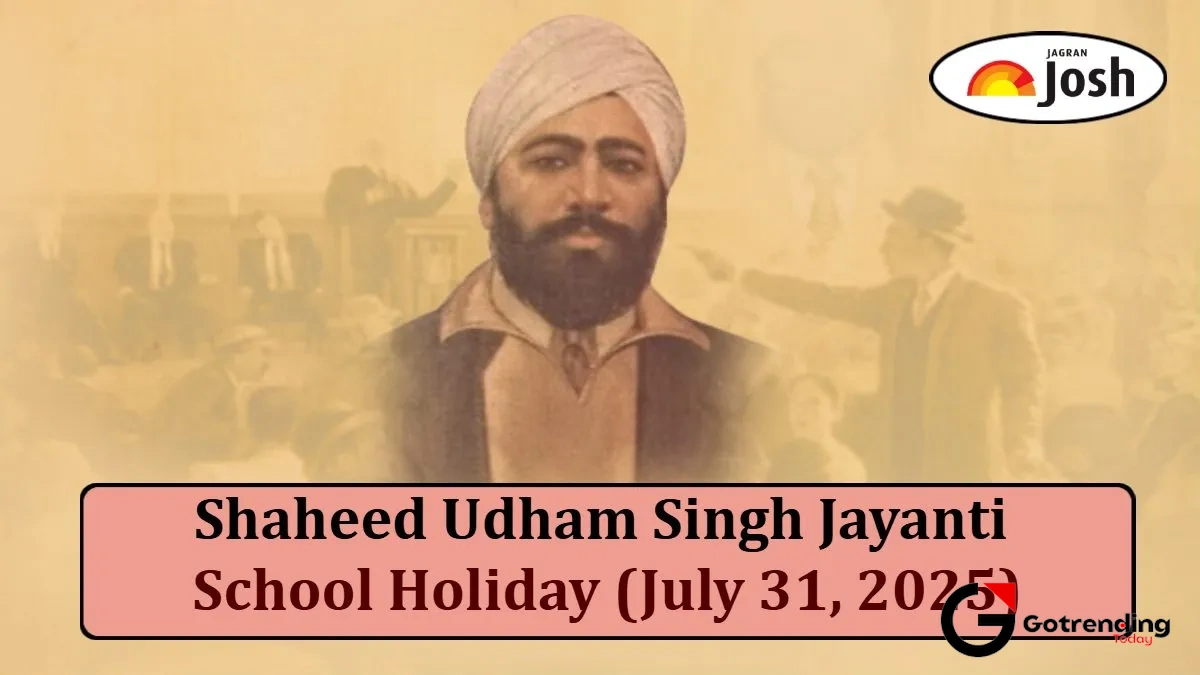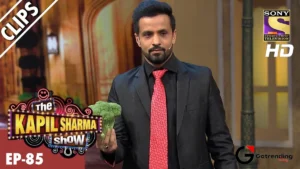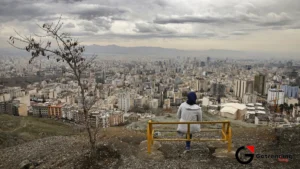The Curious Case of the 31 July Holiday in India
You know that feeling? You wake up, grab your phone, and a nagging thought hits you. A little whisper. Is today a holiday? You might have seen a stray WhatsApp message or a post from a cousin in another state. A flicker of hope for an unscheduled day off. For most of India, a quick search for the 31 july holiday brings up… well, not much. It’s a bit of an anticlimax.
But that’s not the whole story. Not even close.
The thing about India is that our calendar isn’t one single, monolithic entity. It’s a vibrant, chaotic, and beautiful mosaic of regional histories and cultural touchstones. And July 31st is a perfect example of this. For millions, it’s just another Tuesday or Saturday, but for others, it’s a day of profound remembrance and respect. So, if you’ve ever typed that exact phrase into your search bar and felt a little confused by the results, stick with me. We’re going down a rabbit hole that reveals so much more than just a date on a calendar.
So, What’s the Big Deal About the 31 July Holiday?
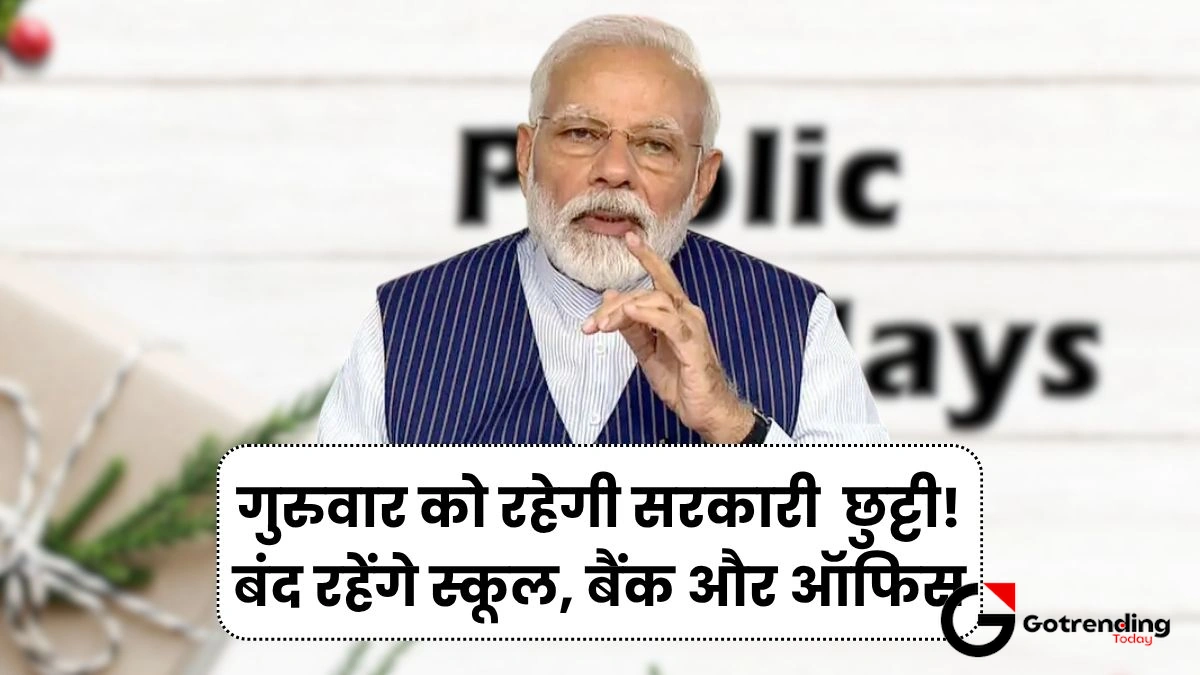
Alright, let’s get right to it. For the vast majority of the country, July 31st is not a gazetted public holiday. Your office is open. The banks are running. It’s business as usual. But if you happen to be in Punjab or Haryana, the air feels different. Here, the 31 july holiday is observed as Shaheed Udham Singh Martyrdom Day .
This isn’t just a minor observance; in these states, it’s often a Gazetted holiday , meaning government offices, schools, and colleges are closed. It’s a day for solemn reflection, for remembering a man whose life was a testament to patience, resolve, and a burning desire for justice. The story itself is something straight out of a script, which probably explains why we’re so fascinated by similar tales of epic revenge and heroism you see in blockbuster cinema, like those discussed in the latest War 2 movie updates .
So, the national “nothing-burger” of a holiday is actually a day of major significance, but its gravity is concentrated in a specific part of the country. This regionality is key to understanding the landscape of public holidays in India . They tell us who we are and what stories we choose to hold closest.
The Main Event | Shaheed Udham Singh Martyrdom Day
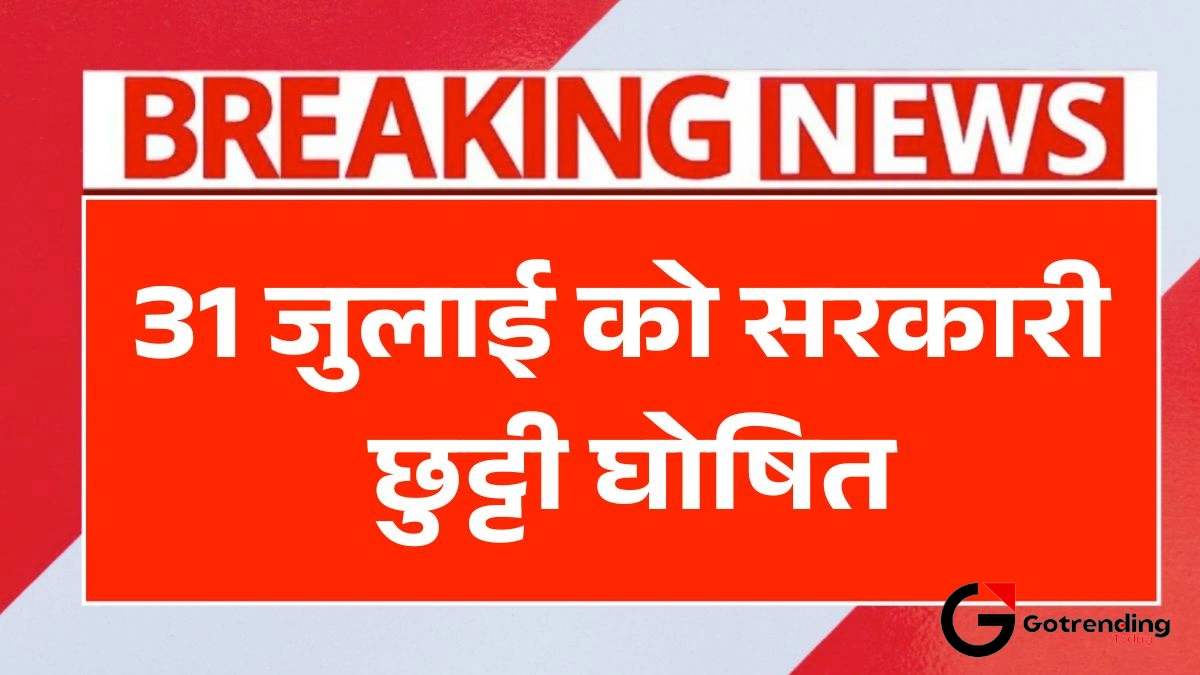
To understand the weight of this day, you have to understand the man. Udham Singh . I remember hearing his name in history class, but the sheer scale of his mission only hit me much later in life. He was an Indian freedom fighter whose story is inextricably linked to one of the darkest days in the history of the British Raj: the Jallianwala Bagh massacre of 1919.
On that day, troops under the command of General Dyer opened fire on a peaceful gathering of unarmed men, women, and children, killing hundreds. Udham Singh was present, and the event seared itself into his soul. But his response wasn’t one of immediate, chaotic anger. It was a cold, calculated, two-decade-long quest for vengeance against the man he held responsible: Sir Michael O’Dwyer, the then-Lieutenant Governor of Punjab who had approved Dyer’s actions.
For 21 years, Singh pursued his goal, eventually tracking O’Dwyer to London. In 1940, at Caxton Hall, he shot and killed O’Dwyer during a public meeting. He didn’t try to escape. He surrendered, knowing his fate. He was hanged on July 31, 1941. His act was one of ultimate defiance, a message sent across the world that the atrocities committed against his people would not be forgotten. You can read more about his incredible life journey on Britannica for a detailed account. The sheer dedication is staggering.
So, when Punjab and Haryana mark this day, they aren’t just remembering a death. They’re honouring a promise kept, however brutal. It’s a day to reflect on sacrifice, justice, and the long, painful road to freedom.
A Nod to a Literary Giant | Munshi Premchand Jayanti
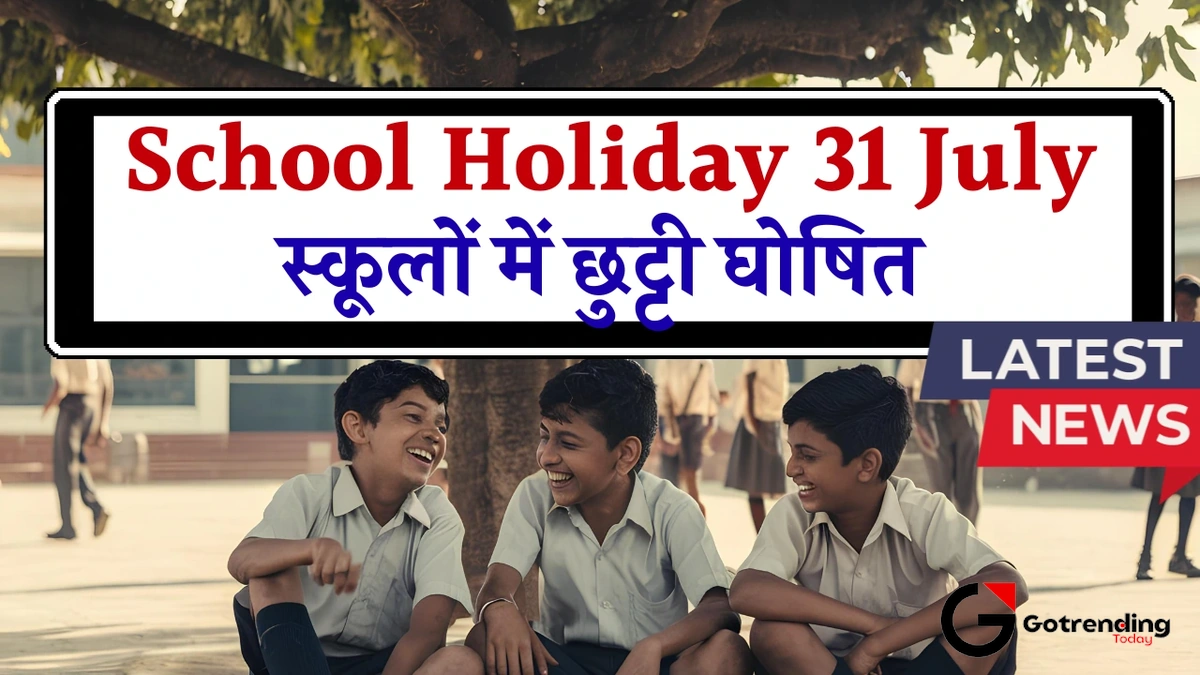
But wait, there’s another layer here. History is rarely so neat. The same date, July 31st, also marks the birth anniversary of one of India’s most celebrated writers Dhanpat Rai Shrivastava, better known by his pen name, Munshi Premchand. This is Munshi Premchand Jayanti .
While this isn’t an official holiday anywhere, it’s a day of immense cultural importance, especially in the Hindi-Urdu literary world. Premchand was a revolutionary in his own right. He wasn’t fighting with guns, but with a pen that exposed the harsh realities of rural India: poverty, caste discrimination, and social decay. His stories, like ‘Godan’ and ‘Idgah’, are timeless. They gave a voice to the voiceless and held a mirror up to society.
It’s fascinating, isn’t it? How one day can hold two such powerful, yet completely different, legacies. One of a martyr’s ultimate sacrifice and another of an author’s enduring words. It’s like a historical puzzle, connecting disparate pieces to form a larger picture, almost like figuring out the daily NYT Strands . Both men, in their own ways, fought for the soul of India.
So, the next time you wonder about the 31 july holiday in Punjab or anywhere else, remember it’s not just a simple yes or no. It’s a doorway into the stories that shape us. It’s a day that encapsulates both the fire of revolution and the quiet power of literature. And realizing that is a much more satisfying answer than just finding out if you have the day off.
FAQs About the 31 July Holiday
So is the 31 July holiday only celebrated in Punjab and Haryana?
Primarily, yes. The official public holiday for Shaheed Udham Singh Martyrdom Day is a state-level observance. While the rest of India respects and acknowledges his sacrifice, the official closing of government offices and schools is specific to these states due to Udham Singh’s deep connection to Punjab.
Is July 31st a bank holiday in India?
For the most part, no. Banks across most of India will be open. However, in states like Punjab where it is a declared Gazetted Holiday under the Negotiable Instruments Act for that year, banks will be closed. It’s always best to check the official holiday calendar for your specific state or bank branch.
What’s the difference between a Martyrdom Day and a Jayanti?
That’s a great question. A “Martyrdom Day” (Shaheed Diwas) is a day of solemn remembrance to honour someone who sacrificed their life for a cause, like a nation or a principle. A “Jayanti,” on the other hand, is a birth anniversary. It’s generally a day of celebration, honouring the life and contributions of a notable person, like Munshi Premchand.
Who was Shaheed Udham Singh, in short?
In short, Udham Singh was an Indian revolutionary who is remembered for assassinating Sir Michael O’Dwyer in London in 1940. He did this to avenge the 1919 Jallianwala Bagh massacre in Amritsar, for which he held O’Dwyer responsible. He was executed in Britain on July 31, 1941, and that date is now honoured as his Martyrdom Day.
